Posted on 11/8/2021

If you're planning to travel for the Thanksgiving weekend, there are five automotive services you should think about doing first. Even if you're hosting Thanksgiving at your house, you're going to be relying on your vehicle through the holidays. These services will prevent any headaches and ensure you can successfully get through your grocery store and holiday shopping runs. BATTERY TEST Now, a battery test is a good idea, even if you don't have extravagant holiday travel plans. The weather is cooling down, and vehicle batteries do not generate as much power in colder temperatures as they do when it's warm. If your car's battery is at least three years old, we can test it to ensure it won't fail on you if your trip takes you up North. BRAKE CHECK A brake check is also never bad to turn down. Your brake pads should have enough surface remaining. We can also inspect your brake fluid to see if it's dirty, old, or too low. If you've noticed any ... read more
Posted on 10/8/2021
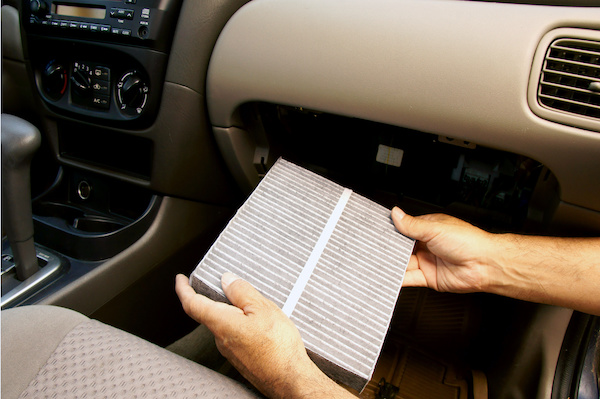
Whether you're speaking about the HVAC in your home or your car's systems, one of the most commonly neglected maintenance items is replacing the air filter. Most people think that the air filter makes your air cleaner to breathe in, but a clean air filter offers other benefits too. Your cabin air filter is just as crucial for the efficiency of your engine as it is for your health and comfort. The purpose of your cabin air filter is to filter out debris, dust, and other pollutants from infiltrating the air inside your car. The outside air gets sucked into the vehicle during regular operation; afterward, it goes through the cabin filter to get refined. The primary goal of replacing your cabin air filter is to better your health and comfort. A dirty cabin filter can cause a repulsive smell in your car and allow sickly pollutants to enter the air you breathe. As air is pulled into the vehicle, it passes through various parts before it gets to the AC system. If the ... read more
Posted on 9/8/2021
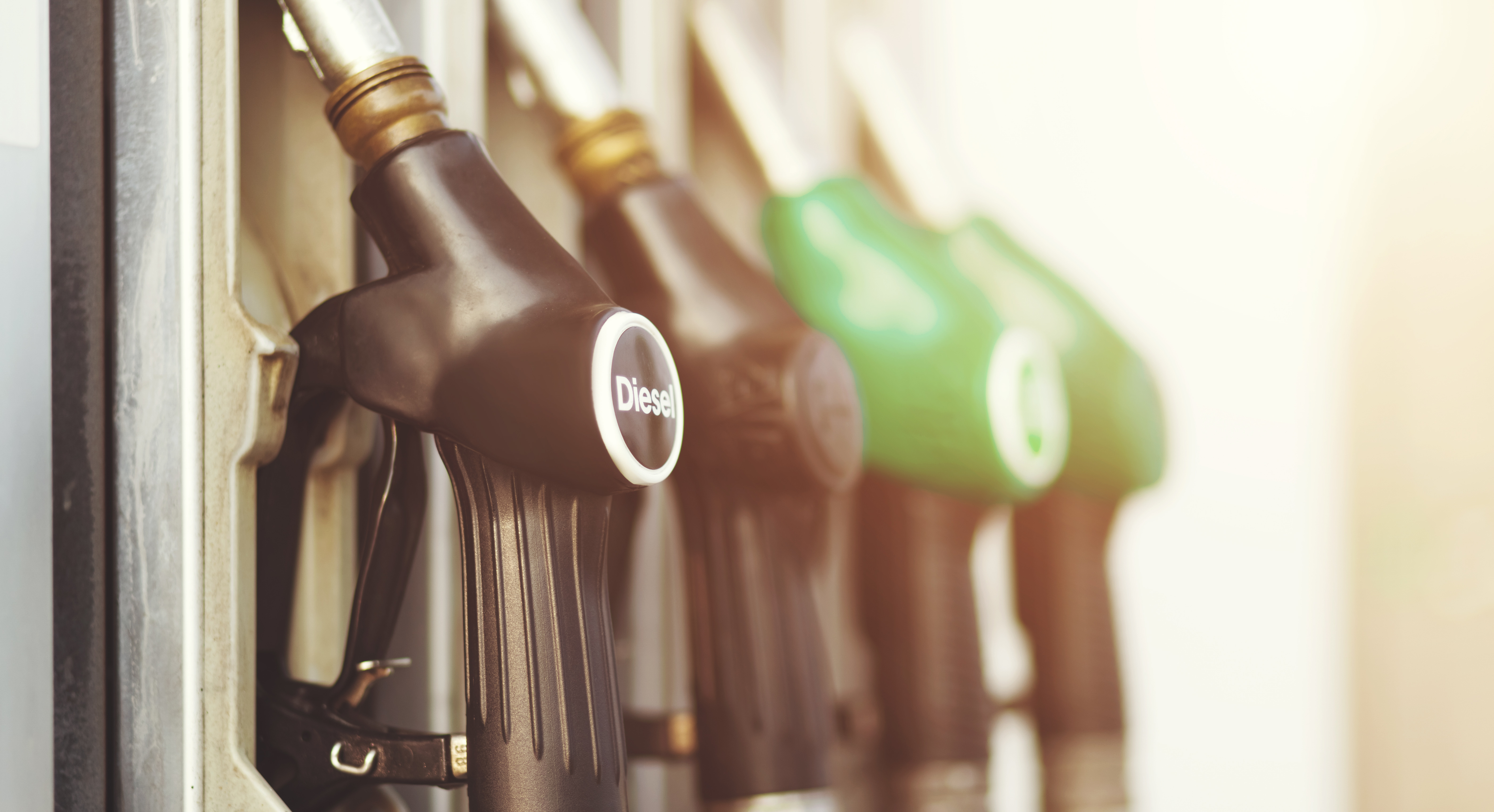
Putting diesel is not a common mistake that people make, but when it happens, it can be very dangerous. Don't worry - if you ever encounter this situation, you wouldn't be the first. Putting the incorrect type of gas in your automobile can be a nuisance and hassle to fix. Let's discuss the process of how a gasoline-consuming car reacts to diesel. Most gas stations make it very apparent which pump is diesel or gasoline. It's usually labeled with words, and the pump is a different color (Diesel is typically green). The reason for such distinctions is so people don't make the same mistake. If you still choose the wrong nozzle to pump, what could go wrong with your gas car? You can expect the following events to take place: You can anticipate the vehicle to operate until the gasoline in your car's tank is completely used up. After your vehicle has burned through what's left of your fuel in the tank, then your engine will break down. Once ... read more
Posted on 8/10/2021
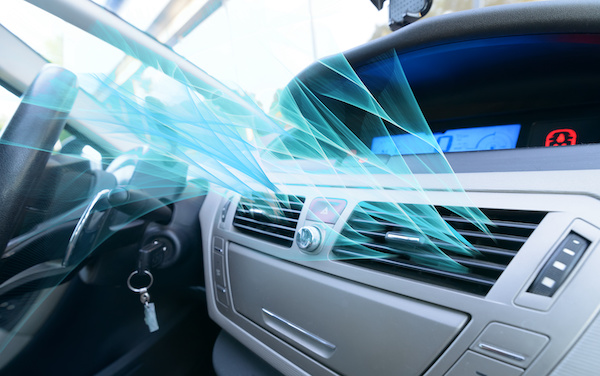
We are at the peak of the summer, and the worst thing that could happen right now would be a broken A/C system in your car. If you try to turn on your air conditioning and no air blows out, or maybe only warm air flows out, and it never gets colder, there’s something very wrong with your A/C. The A/C system is very intricate, and therefore there are numerous different reasons why the entire system can fail. Here are some of the most causes of A/C system failure we see at FloState Auto Diesel: Refrigerant leak Failed compressor Deteriorated refrigerant hoses Mold or mildew buildup Defective cooling fan Damaged seal or hose The most reliable way to ensure that your vehicle’s air conditioning will work properly throughout the warmer seasons is to have your A/C system inspected by our expert team regularly. Routine A/C inspections should be a part of your regular maintenance routine. Being proactive will allow the mechanics at FloState Auto Diesel to catch minor pro ... read more
Posted on 7/9/2021
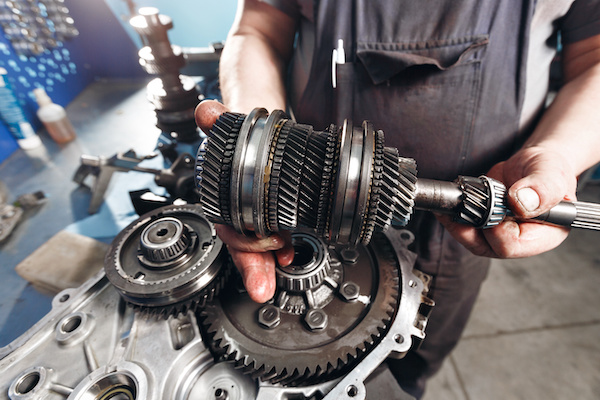
A transmission flush is a method of removing sludge, contaminated, and aged transmission fluid from a vehicle's transmission system and displacing it with fresh and cleaner fluid. The process requires a specialized flush machine and replaces nearly 100% of the old fluid with fresh fluid. We offer this service at FloState Auto Diesel, and we will keep your transmission cool and lubricated. Your transmission is designed to transfer power to the wheels of your vehicle from the engine. By keeping the system in excellent condition, you'll protect your car against hazards and damage. Why Should I Get a Transmission Flush? It will prevent damage. The most valuable benefit of a transmission flush it's preventative capabilities. Your fluid can collect dirt and other contaminated particles that hinder it from performing at optimal levels. Due to the dirty solution, the transmission will overheat, interfering with accelerating and shifting functions. Additiona ... read more
Posted on 6/15/2021
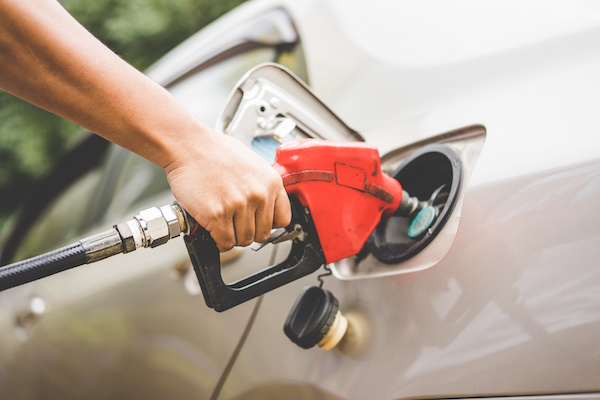
Every driver has their own methods and beliefs on how to maximize gas mileage. It isn't easy to know between fact or myth when it comes down to fuel efficiency. So let's take a look and clear up some fuel-saving tips that don't really work. Myth #1: It is more efficient to roll down the windows instead of using A/C. This ideology does vary depending on speed, but air conditioning compressors have become more efficient over time. They don't seem to affect how easily the engine can push the vehicle forward as much as it used to. The consensus is it is better to keep the A/C on when driving at highway speeds and windows down when cruising through the city. Myth #2: A higher level of octane will yield higher mileage. Most vehicles will take gasoline with octane levels between 86 to 91. The higher the octane level, the more steady your fuel is. Many people believe the myth of higher octane gas yielding better mileage, but that is not the case. Contrar ... read more
Posted on 5/17/2021
.jpeg)
That pump, hiding under the hood, keeps your car running efficiently, guaranteeing you a safe, comfortable ride. Your vehicle's engine comprises various components that are constantly moving, thereby generating an incredible amount of friction and heat. The water pump moves water (coolant) from the radiator and supplies it through the engine system keeping everything at optimum temperature. When your water pump is failing, your engine will overheat, causing damage to the cylinder heads, gaskets, and pistons. Much too often, this results in irreversible engine damage and failure. Fortunately, your vehicle's water pump will alert you when it is failing through various telltales Here are some of the signs to look out for: A Leaking Coolant Your car's water pump is made of numerous seals and gadgets to facilitate a smooth, consistent flow of the coolant from the radiator to the engine block, via the thermostat, and back to the radiator. With time, these sea ... read more
Posted on 4/21/2021
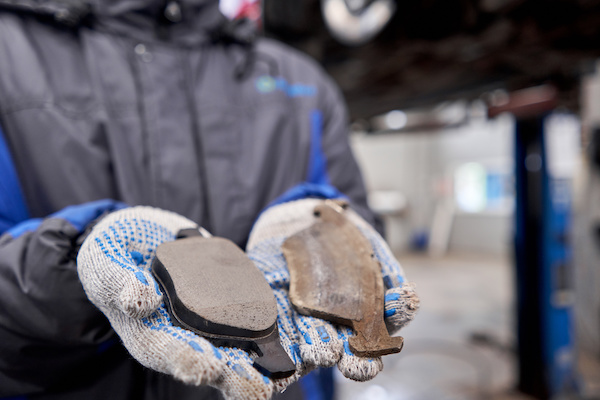
This is one of those questions that crosses the minds of drivers now and then until it gets to the point where the answer is a loud "NOW!" from their car's brakes. Don't let that happen to you by asking yourself just a few questions about your vehicle and what it goes through. Always know who is driving. Not only who, but HOW do they drive? Is it the loving grandma taking her time to enjoy the breeze? Maybe it's the next rally car driver who thinks every turn and curve are an opportunity to test the tire treads. This is one of the biggest impacts that degrade brake pads long before they should be. Thankfully grandma won't need to worry for some time. Slower speeds mean less work from your brakes to bring the car to a halt, whereas speed racer hugging the corners will be slamming on the brakes to maintain speed until the last moment, ultimately grinding the pads down in record time. Think about your location and adjust. Answering this actually requires two ... read more
Posted on 3/15/2021
.jpeg)
Your car smells like sulfur, that awful rotten egg smell. This is a sure sign of serious mechanical problems. There is a tiny amount of sulfur in the form of hydrogen sulfide within the gas in your fuel tank. Normally, driving will convert it into sulfur dioxide. Result? No smell. So, what goes wrong when conversion doesn't happen? Incomplete combustion. Something is wrong with your emissions system. A brief scent of sulfur after revving up your engine is no problem. But a lingering smell is. Time to investigate. First, check your catalytic converter. Normally, it would convert hydrogen sulfide to sulfur dioxide. The converter may be jammed or broken. If so, replace it. If you don't, higher temperatures in your engine could lead to a car fire. If your converter is fine, your next step is to check the fuel pressure sensor. This sensor regulates your car's use of fuel. If it fails, it'll allow oil to clog up the catalytic converter which will prevent the converter from ... read more
Posted on 2/10/2021
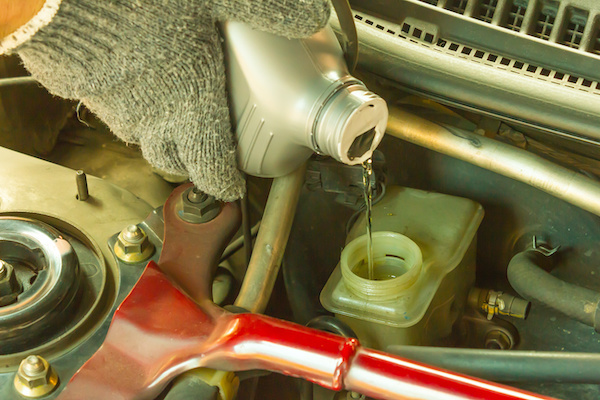
Low brake fluid is a very important issue that needs to be addressed, as if it goes unnoticed, your car may have issues braking which will lead to serious risk of your car, as well as life-threatening events. The absence of brake oil or low brake fluid will put your car at serious risk and lower the compatibility of the brake functions. The braking fluid in your car supplies pressure to your vehicle rotors to come to a stop. In order to avoid your brakes malfunctioning as a result of low brake fluid, here are some signs that you need to check our brake oil. Leakage If there is a leakage coming out of your car that takes the appearance of a residue, it is possibly a result of low brake fluid. The way this works is that the components in your engine being to wear off as a result of tears that impact the brake oil. As a result of these tears and malfunctioning components. You can also check for leakages by checking the fluid reservoir under the hood of your car. Worn out Brake Pads I ... read more